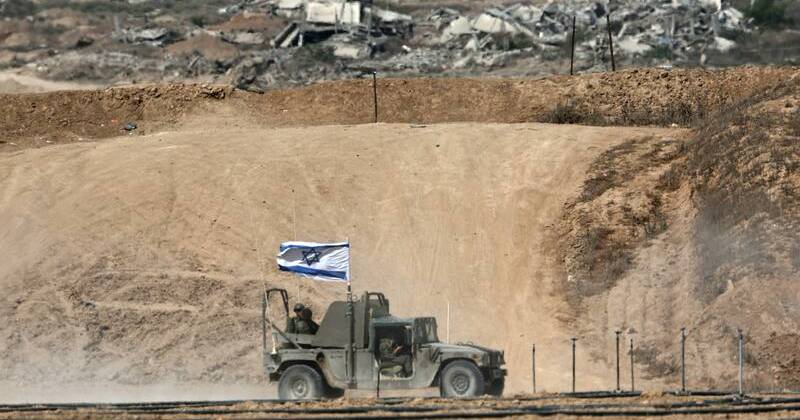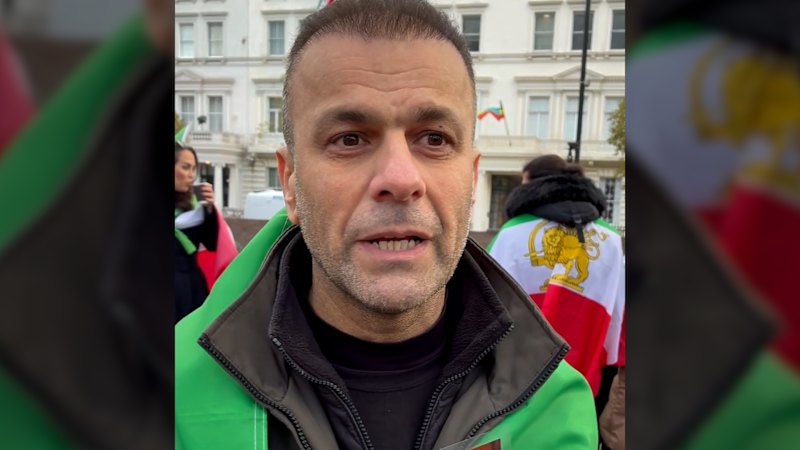
Delegations from Israel and Hamas have commenced indirect negotiations in Egypt, aimed at bringing an end to the ongoing conflict in the Gaza Strip. The initiative, which has the support of the United States, seeks to address contentious issues, including Israel’s potential withdrawal from the enclave and Hamas’s disarmament. This marks a crucial step towards a ceasefire, as both parties have shown preliminary support for the overarching principles of a plan proposed by President Donald Trump.
The plan is designed to facilitate a cessation of hostilities, secure the release of hostages, and ensure humanitarian aid flows into Gaza. It has garnered backing from various Arab and European nations, with Trump urging for swift negotiations to finalize a deal. In a recent social media post, he stated, “I am told that the first phase should be completed this week, and I am asking everyone to MOVE FAST.”
As the talks began at the Red Sea resort of Sharm El Sheikh, both sides are grappling with critical details that have historically derailed peace efforts. The ongoing conflict has resulted in substantial casualties, with Gazan health authorities reporting 19 fatalities in the past 24 hours alone—approximately one-third of the usual daily toll during Israel’s extensive military operations in the region.
The negotiations coincide with the second anniversary of a significant attack by Hamas on Israel, which resulted in the deaths of approximately 1,200 people and the taking of 251 hostages. This day is recognized as the deadliest for Jews since the Holocaust. In response, Israel’s military campaign has led to the deaths of more than 67,000 Palestinians, displacing a majority of the 2.2 million residents of Gaza and leaving them in precarious conditions amid widespread destruction.
Both parties are seeking clarity on fundamental aspects of the proposed agreement. Hamas is particularly focused on receiving assurances that Israel will withdraw its troops from Gaza once militants release their hostages. Inside Israel, there is a growing demand for an end to the conflict to facilitate the return of hostages. Nevertheless, some ultranationalist factions within Prime Minister Benjamin Netanyahu‘s cabinet oppose halting military operations.
While President Trump emphasizes the need for a prompt resolution, an official familiar with the negotiations noted the talks, which began on Monday, are expected to take several days. Furthermore, a Palestinian source indicated that meeting Trump’s 72-hour deadline for the return of hostages might be unfeasible, particularly concerning deceased hostages that need to be located and recovered from various burial sites across the battlefield.
A Palestinian official involved in the discussions expressed skepticism about the likelihood of reaching a significant breakthrough, given the deep-seated mistrust between the two sides. Concerns have been raised that Israel might abandon negotiations once it secures the return of hostages.
As the world watches these developments, the hope remains that ongoing negotiations will yield a lasting resolution to the Gaza conflict, ultimately alleviating the suffering of countless individuals affected by the violence.






